HappeningsAnalyticsBreaking NewsFeature Story
Gunotsav – celebrating quality of education in government schools, writes Dr. Debashish Sharma
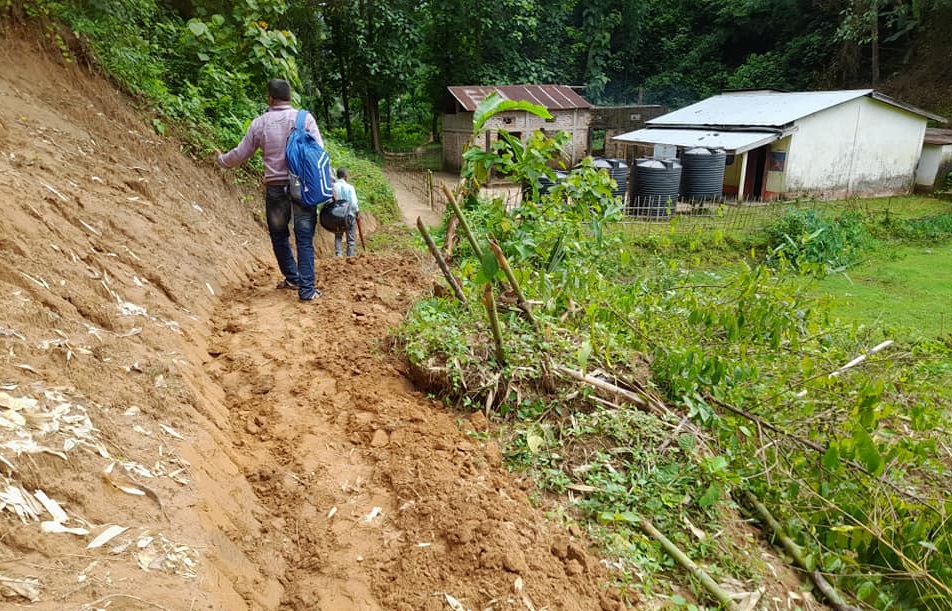
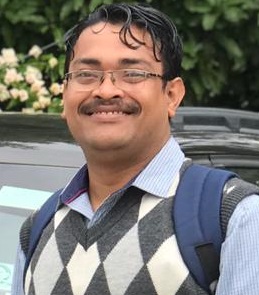
Aug. 10: Gunotsav, as I understand, means celebrating quality. Since the last few years, the Govt of Assam has been conducting Gunotsav to assess the scholastic, co-scholastic aspects & community participation in the government schools of Assam. The concept may be considered similar to the assessment done by the National Assessment and Accreditation Council (NAAC) for the colleges and universities. However, the evaluators in case of Gunotsav are deputed from the various offices and institutes under the state government. They are termed as external evaluators. Each external evaluator is assigned to at most three schools for the evaluation process. Each school is assigned one external evaluator unless the number of students are too high.
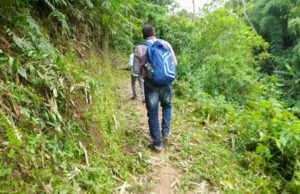
I cannot quantify the term ‘too high’ as I am not sure on what basis the assignments of evaluators is done. I have the experience of being an external evaluator ever since Gunotsav began for the first time. If I have to sum up my assessment of the schools, I would say that most of the Lower Primary (LP) and Middle English (ME) schools, particularly in remote areas, are in need of total revamping in terms of infrastructure, accessibility and overall development. I cannot put my comment on high schools and higher secondary schools, as I have never been assigned duty in such schools.
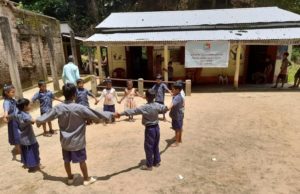 The first school that was allotted to me this time was 1361 No. Bagbahar LP School under Dwarbond B cluster of Narsingpur Block. I had heard from the nodal teacher, my namesake, Mr. Debashish Das, that we shall have to walk for about one and a half hours to reach the school as there is no other alternative way. I had never been deputed in such a remote location in Gunotsav or even in Elections.
The first school that was allotted to me this time was 1361 No. Bagbahar LP School under Dwarbond B cluster of Narsingpur Block. I had heard from the nodal teacher, my namesake, Mr. Debashish Das, that we shall have to walk for about one and a half hours to reach the school as there is no other alternative way. I had never been deputed in such a remote location in Gunotsav or even in Elections.
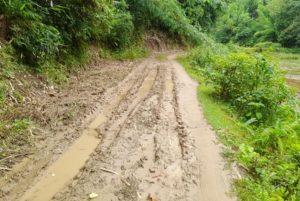
The day began with excitement and zeal and ended with a tiring sigh. I and my teacher- cum-colleague Sir Sudip Chandra Paul booked a cab to Dwarbond police point from where I was picked up by Mr. Das in his motorbike. It was a half an hour ride through the kaccha road (can’t be called not road in the true sense) of Iringmara Tea Estate till we reached the “Dhup Ghar” (a small traditional tent where one can take rest on the way).
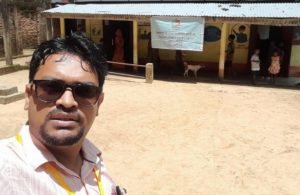 There was no further passage for vehicles and we began walking through the garden enjoying its mesmerizing view. On the way, I came to learn about the tough experience of Mr. Das in managing the school. It becomes extremely difficult during rains. Lots of low lying areas on the way get submerged in water. A member of the school management committee had also accompanied us. The real tough terrain began when we started walking up the hills. There are no roads. One has to walk through the occasional trails left out due to regular walks by daily passers-by.
There was no further passage for vehicles and we began walking through the garden enjoying its mesmerizing view. On the way, I came to learn about the tough experience of Mr. Das in managing the school. It becomes extremely difficult during rains. Lots of low lying areas on the way get submerged in water. A member of the school management committee had also accompanied us. The real tough terrain began when we started walking up the hills. There are no roads. One has to walk through the occasional trails left out due to regular walks by daily passers-by.
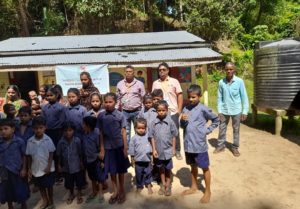 Being inexperienced, I was finding it very difficult to keep my balance and select my steps. The nodal teacher and SMC member said that it becomes impossible to climb up the hills when it rains heavily as the soil is muddy and the hill is prone to landslides. Thus, teachers and students cannot go to school during heavy rains. I could see traces of landslides at various places on the way. Having seen the condition of the way to the school, I felt fortunate that my workplace is in the town but the plight of the teachers in such remote locations saddened me a lot.
Being inexperienced, I was finding it very difficult to keep my balance and select my steps. The nodal teacher and SMC member said that it becomes impossible to climb up the hills when it rains heavily as the soil is muddy and the hill is prone to landslides. Thus, teachers and students cannot go to school during heavy rains. I could see traces of landslides at various places on the way. Having seen the condition of the way to the school, I felt fortunate that my workplace is in the town but the plight of the teachers in such remote locations saddened me a lot.
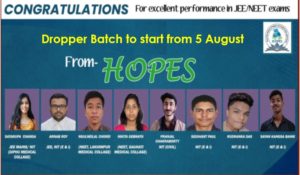 The population density in the area that I visited is very low. Members of the SMC estimated the number of families to be around 30. Hence, the enrolment in the school is quite less. Students from far off places cannot come to the school for obvious reasons. There are two teachers who have to manage everything and often one or the other teacher is deputed by the state government in various activities like NRC, census, corona vaccination, flood assessment etc. This also hampers the normal functioning of the schools.
The population density in the area that I visited is very low. Members of the SMC estimated the number of families to be around 30. Hence, the enrolment in the school is quite less. Students from far off places cannot come to the school for obvious reasons. There are two teachers who have to manage everything and often one or the other teacher is deputed by the state government in various activities like NRC, census, corona vaccination, flood assessment etc. This also hampers the normal functioning of the schools.
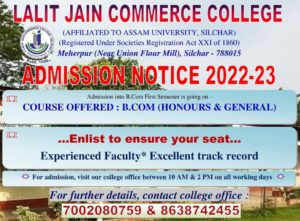 As per verbal information received from other co-evaluators, many of the LP schools have a single room for Classes I to V and so teachers cannot impart attention to the students effectively. The school that I visited on the first day had no electricity connection and no drinking water supply. Mid-day meals are cooked with water managed from nearby ponds and wells. Cooking is still done with firewood in “kaccha chulha”. This is the case with many other schools in remote areas.
As per verbal information received from other co-evaluators, many of the LP schools have a single room for Classes I to V and so teachers cannot impart attention to the students effectively. The school that I visited on the first day had no electricity connection and no drinking water supply. Mid-day meals are cooked with water managed from nearby ponds and wells. Cooking is still done with firewood in “kaccha chulha”. This is the case with many other schools in remote areas.
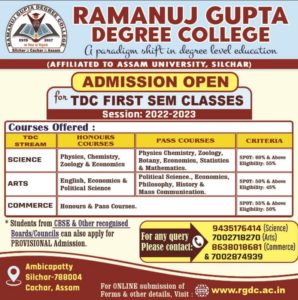 In spite of such difficulties and real challenges, it is quite appreciable that the teachers have done and are doing their best for the betterment of their students. Gunotsav assesses the academic achievement of students in terms of reading, writing, numeracy and overall knowledge. It is a good opportunity for the students to learn how to answer questions in OMR sheets as in competitive exams.
In spite of such difficulties and real challenges, it is quite appreciable that the teachers have done and are doing their best for the betterment of their students. Gunotsav assesses the academic achievement of students in terms of reading, writing, numeracy and overall knowledge. It is a good opportunity for the students to learn how to answer questions in OMR sheets as in competitive exams.
 It is also a fact that many of the students in the schools of remote areas are first generation learners with almost no academic background in the family. The teachers are trying their best with very limited resources. Hence, it is absolutely necessary for the external evaluators to consider the ground reality in assessing the performances of the schools. During my duty in all the deputations of Gunotsav, I have observed very promising students too who can perform much better if they are provided with better facilities.
It is also a fact that many of the students in the schools of remote areas are first generation learners with almost no academic background in the family. The teachers are trying their best with very limited resources. Hence, it is absolutely necessary for the external evaluators to consider the ground reality in assessing the performances of the schools. During my duty in all the deputations of Gunotsav, I have observed very promising students too who can perform much better if they are provided with better facilities.
 External evaluators have a big role to play in motivating the students as well as teachers to identify their strengths and weaknesses. Gunotsav shouldn’t be just a routine exercise with formalities of producing documentary records, rather it should inculcate a culture of maintaining the quality of education at the topmost level as far as possible. Yes, there are hurdles as many teachers and evaluators have experienced, but that shouldn’t demotivate our intention for perfection.
External evaluators have a big role to play in motivating the students as well as teachers to identify their strengths and weaknesses. Gunotsav shouldn’t be just a routine exercise with formalities of producing documentary records, rather it should inculcate a culture of maintaining the quality of education at the topmost level as far as possible. Yes, there are hurdles as many teachers and evaluators have experienced, but that shouldn’t demotivate our intention for perfection.
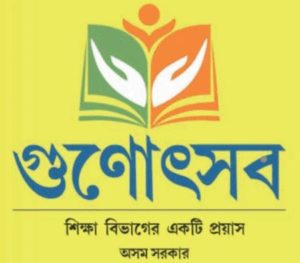 We hope that the Sarva Shiksha Abhiyan (SSA) and elementary education department of the Government of Assam will analyse the evaluation done in Gunotsav and take appropriate measures to address the challenges faced by the schools. Further, the government should at least take steps to build roads, provide electricity and drinking water to all such remote locations. In the 75th year of India’s independence, it’s really unfortunate that such remote locations haven’t got the glimpse of development yet and are visited only during elections with folded hands and unfulfilled promises.
We hope that the Sarva Shiksha Abhiyan (SSA) and elementary education department of the Government of Assam will analyse the evaluation done in Gunotsav and take appropriate measures to address the challenges faced by the schools. Further, the government should at least take steps to build roads, provide electricity and drinking water to all such remote locations. In the 75th year of India’s independence, it’s really unfortunate that such remote locations haven’t got the glimpse of development yet and are visited only during elections with folded hands and unfulfilled promises.
Dr. Debashish Sharma, Assistant Professor of Mathematics, GC College, Silchar




